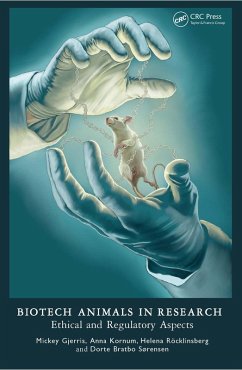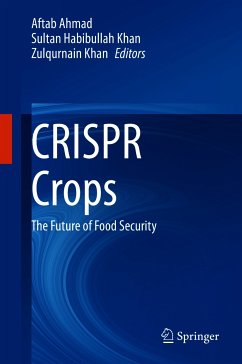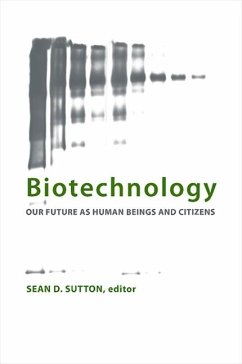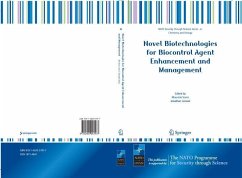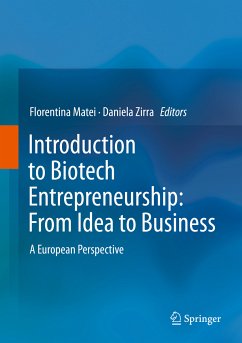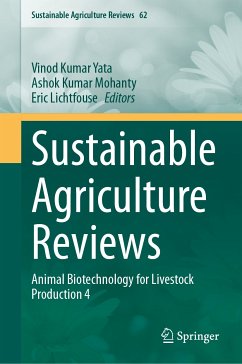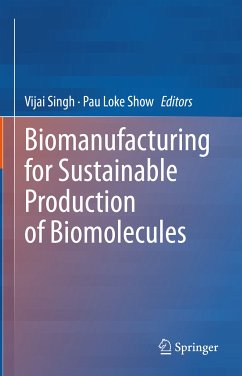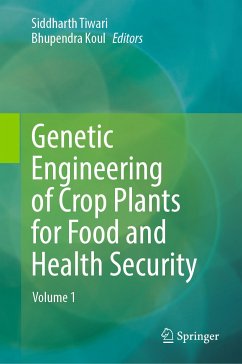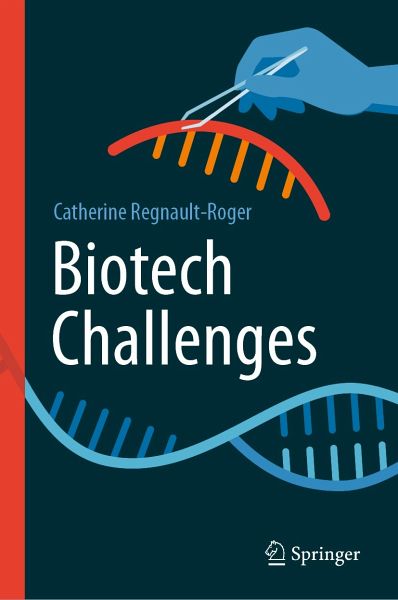
Biotech Challenges (eBook, PDF)
Versandkostenfrei!
Sofort per Download lieferbar
32,95 €
inkl. MwSt.
Weitere Ausgaben:

PAYBACK Punkte
16 °P sammeln!
The evolution of genome's modification by genetic engineering was characterized by a major technological breakthrough with the discovery of CRISPR in 2012. A distinction is now made between first-generation biotechnologies developed in the 20th century and current second-generation biotechnologies, NGT or New Genomic Techniques, including genome editing. How do we consider these genomic modifications compared to those that occur spontaneously in nature? What are the applications of these techniques in the fields of plants, animals, and human health? What prospects in terms of development and i...
The evolution of genome's modification by genetic engineering was characterized by a major technological breakthrough with the discovery of CRISPR in 2012. A distinction is now made between first-generation biotechnologies developed in the 20th century and current second-generation biotechnologies, NGT or New Genomic Techniques, including genome editing. How do we consider these genomic modifications compared to those that occur spontaneously in nature? What are the applications of these techniques in the fields of plants, animals, and human health? What prospects in terms of development and independence for countries and at least what regulations are in force on the different continents?
The book questions what GMOs are, genome editing products and the place of genomic transformations today and tomorrow in our societies. It tries to give some geostrategic and regulatory benchmarks on biotech products in order to better understand the current issues.
The book questions what GMOs are, genome editing products and the place of genomic transformations today and tomorrow in our societies. It tries to give some geostrategic and regulatory benchmarks on biotech products in order to better understand the current issues.
Dieser Download kann aus rechtlichen Gründen nur mit Rechnungsadresse in A, B, BG, CY, CZ, D, DK, EW, E, FIN, F, GR, HR, H, IRL, I, LT, L, LR, M, NL, PL, P, R, S, SLO, SK ausgeliefert werden.



